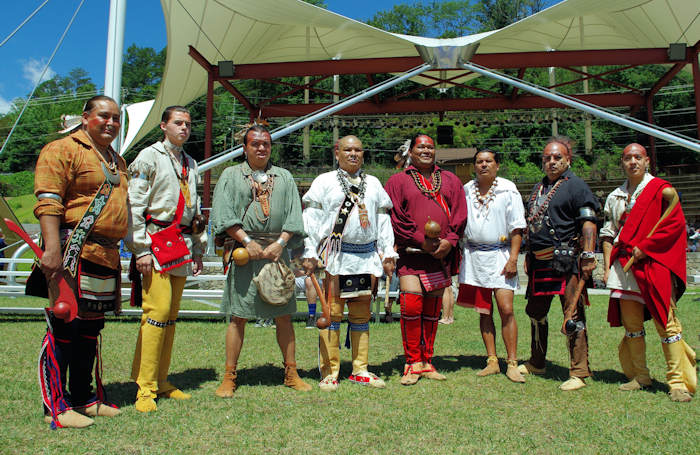
A New Dawn for Cannabis in North Carolina: Exploring Tribal Land Sales
North Carolina stands on the brink of a transformative journey as cannabis sales make their debut on tribal land, ushering in a pivotal era for the state and its residents. This landmark development, led by the Eastern Band of Cherokee Indians, marks a bold step forward in redefining the state's relationship with cannabis. Here, we delve into the historical roots, economic prospects, regulatory landscapes, and community perspectives that shape this momentous change.
Understanding the Historical and Legal Foundations
The story of cannabis in North Carolina is one of evolution, characterized by stringent laws that have traditionally barred recreational use. However, shifts in public opinion and persistent advocacy have opened new dialogues around cannabis and hemp. The Eastern Band of Cherokee Indians, exercising their sovereignty, is now at the forefront, having established the Great Smoky Cannabis Co. This initiative showcases tribal autonomy and marks a crucial intersection of sovereignty and the burgeoning cannabis industry in a state where recreational use remains otherwise restricted.
Economic and Social Ripple Effects
The foray into cannabis sales on tribal land offers a promising avenue for economic expansion and diversification for the Eastern Band of Cherokee Indians. By capitalizing on the cannabis market, the tribe anticipates generating significant revenue, which can be reinvested into vital community programs and infrastructure. This economic ripple extends beyond tribal borders, potentially boosting local tourism and invigorating neighboring businesses. Yet, with these opportunities come vital social considerations. Ensuring public health and safety through education and awareness will be essential to foster a community that embraces responsible cannabis use.
Navigating the Regulatory Terrain
The implementation of recreational cannabis sales on tribal land presents a unique regulatory challenge. The tribe is navigating a complex legal environment, harmonizing their sovereign rights with federal and state regulations. Transparency and compliance are key to maintaining trust and ensuring the integrity of this pioneering venture. This challenge also opens doors for innovation and collaboration, allowing the tribe to set a precedent for responsible cannabis sales and potentially guide similar initiatives across the region.
Community and Stakeholder Insights
The introduction of cannabis sales has sparked a tapestry of perspectives across North Carolina. For many, this initiative is seen as a progressive step, aligning with broader movements toward cannabis acceptance and legalization. Cannabis enthusiasts view it as an exciting opportunity, while health advocates stress the need for thorough education and research into the effects of recreational use. Balancing excitement with caution is crucial to harnessing the benefits of this initiative responsibly. Tribal leaders remain committed to honoring their cultural heritage while exploring new growth avenues.
Forging a Future with Cannabis in North Carolina
As North Carolina embarks on this new era of cannabis sales on tribal land, the Eastern Band of Cherokee Indians positions itself as a trailblazer in redefining the regional cannabis landscape. This endeavor demands a collective commitment to sustainable growth and inclusivity. Through open dialogue, evidence-based policy advocacy, and increased awareness, stakeholders can craft a more informed approach to cannabis.
This is not merely a shift but a call to action for communities and individuals to join forces, engage in meaningful discussions, and shape the future of cannabis in North Carolina. For those eager to deepen their understanding, participating in community forums and staying connected with reputable sources is vital. Together, we can build a society that embraces the potential of cannabis while safeguarding the well-being of all.

